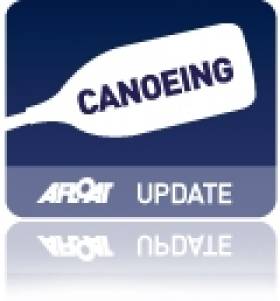Displaying items by tag: European Championships,
# CANOEING: Andrzej Jezierski finished fifth in the A Final of the C1 200 class at the Canoe Sprint European Championships in Zagreb in Croatia today. The Poznan native, who lives in Co Cork, has reportedly been suffering from a shoulder niggle, but this placing continues an improving run since he qualified for London 2012 in May. He finished 14th in the World Cup in Poznan and seventh in the World Cup in Duisburg. “We are very pleased with today’s result,” said Karl Dunne of the Irish Canoe Union. “It’s good progress.”
























































